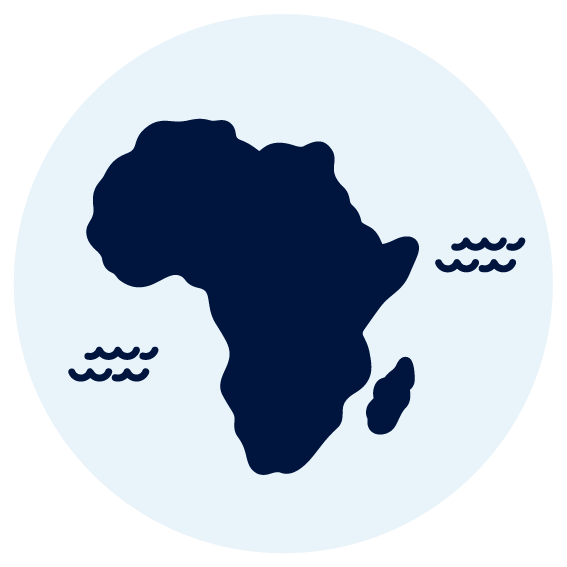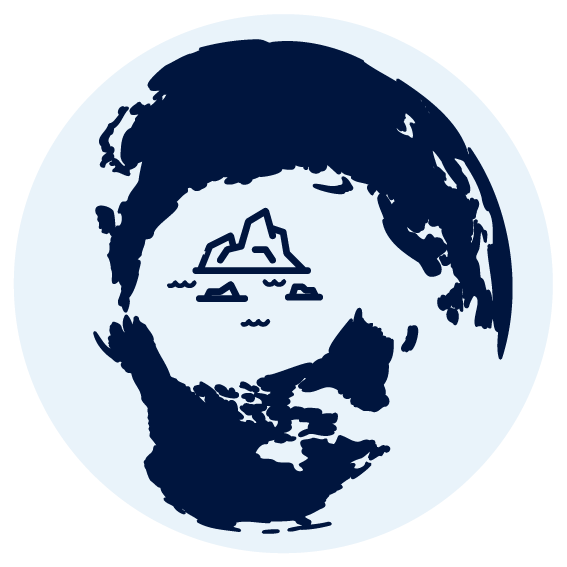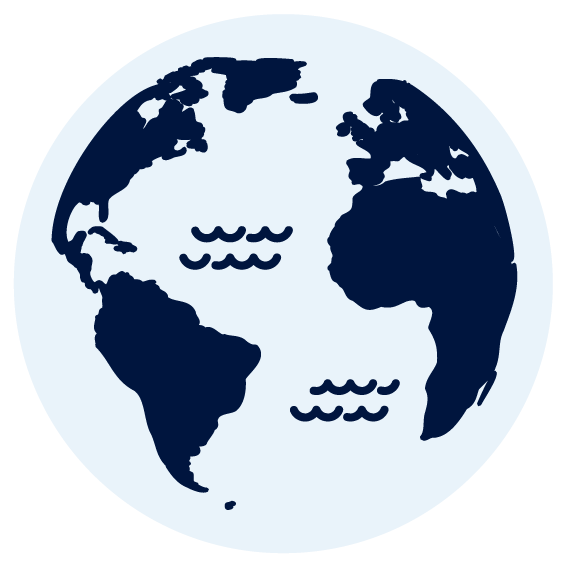EU initiatives to increase regional cooperation and ocean observing capacity
EU4OceanObs will work with and promote initiatives supported by the European Union to increase the collection, sharing and use of ocean data and knowledge to address societal and environmental challenges on a global scale and in targeted regions:
The European Commission is committed to enhancing the impact and uptake of European ocean observation programmes and ocean data products beyond Europe. Consequently, EU4OceanObs will serve to foster collaborative partnerships with other regions and countries, and further stimulate the exchange of ocean data and knowledge. This will also contribute to optimising the use of existing ocean observing resources funded by the European Union (EU), from infrastructures collecting ocean data (satellite & in situ) and data handling and sharing portals, to forecasting services, and ocean data products and derived marine applications.
Moreover, through its components on the G7 Future of the Seas and Oceans Initiative and the GEO Blue Planet Initiative, EU4OCeanObs will work with partners and stakeholders worldwide to stimulate global cooperation and commitment to ocean observing, and increase the capacity and coverage of the global ocean observing system.







